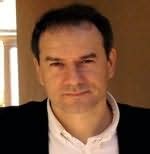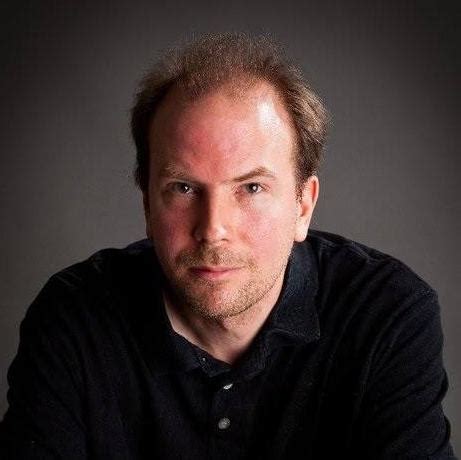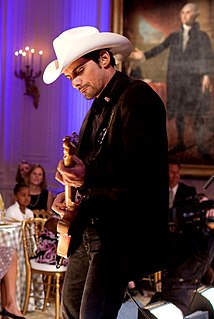A Quote by Edgar Wright
I found, after the experience of making 'Shaun Of The Dead' and then returning to the blank page - because 'Shaun Of The Dead' was the first screenplay I ever wrote properly - the experience of returning to the blank page and having nothing in the drawer was intensely painful.
Related Quotes
Actually, who hasn't been through the ghastly experience of sitting in front of a blank page, with its toothless mouth grinning at you: Go ahead, let's see you lay a finger on me? A blank page is actually a whitewashed wall with no door and no window. Beginning to tell a story is like making a pass at a total stranger in a restaurant.
I'm very happy with the response for everything I've done, but, you know, sometimes you get things like, 'Oh, 'Spaced' Series One wasn't as good as 'Spaced' Series Two.' Or 'Shaun of the Dead' is not as good as 'Spaced,' or, 'Hot Fuzz' is not as good as 'Shaun.' Or, now, 'The World's End' is not 'Shaun of the Dead.'
Yes, the fear of its blankness. At the same time, I kind of loved it. Mallarmé was trying to make the page a blank page. But if you're going to make the page a blank page, it's not just the absence of something, it has to become something else. It has to be material, it has to be this thing. I wanted to turn a page into a thing.
I’ll tell you now. That silence almost beat me. It’s the silence that scares me. It’s the blank page on which I can write my own fears. The spirits of the dead have nothing on it. The dead one tried to show me hell, but it was a pale imitation of the horror I can paint on the darkness in a quiet moment.




































